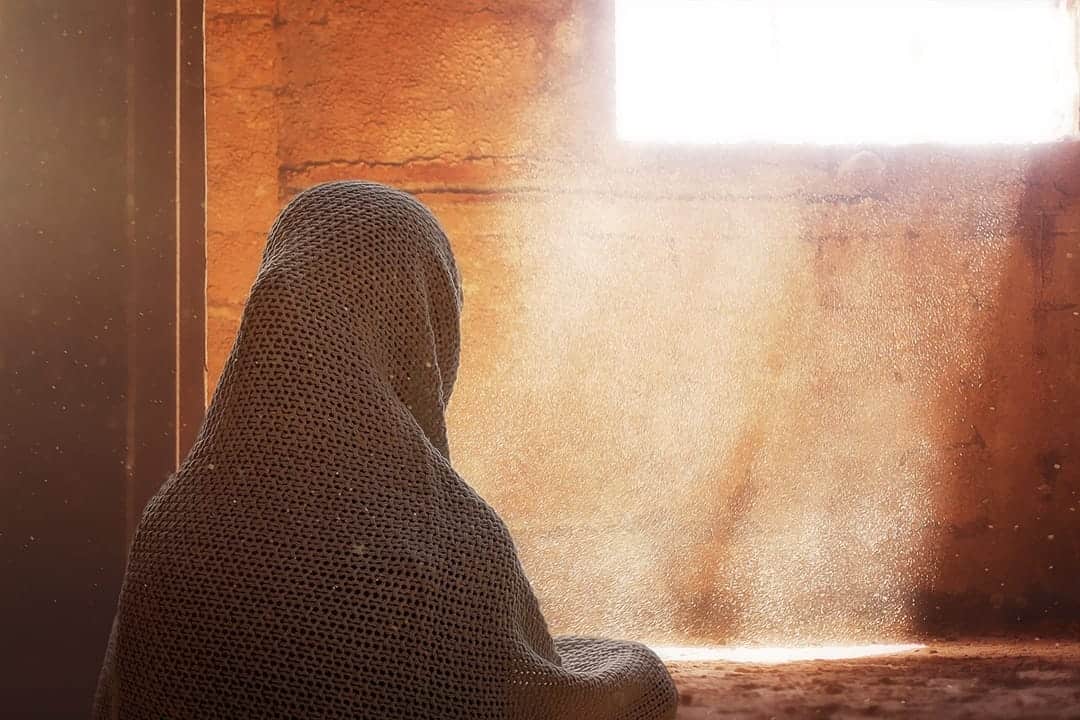Psychosis and pregnancy don’t seem to match, right? What with all these ClearBlue adverts on YouTube with these totally sane looking pregnant women and these totally heart melting laughing baby adverts – what’s there to be psychotic about?
Last week we went into some detail about baby blues and postnatal depression, and so this week, it makes sense to delve a little deeper into the dark side of these assumed brighter days.
Although it is rare for women to experience first onset of psychosis during pregnancy, and it’s more common for women previously diagnosed with some form of psychosis – it still needs recognition and understanding.
Experiencing psychosis during pregnancy or postpartum can often manifest to bipolar, psychotic depression and schizophrenia (Kendell, Chalmers & Platz) – so it can get serious, very quickly. However, it usually doesn’t get to that point when there is lots of support and care in place early on where new mothers often recover fully and go back to their old selves within no time. Unfortunately, it’s better to prepare yourself for future reoccurrences as women who suffer from psychosis in pregnancy are most likely to experience it again during future pregnancies.
Symptoms can appear out of nowhere, even if you have previously been ill or not, this is why it is so important to educate yourselves about every aspect of pregnancy and not just about the baby. Some of the symptoms include mania, extreme depression, hallucinations and delusions, intense paranoia, have racing thoughts and being severely confused – and these should be treated as a psychiatric emergency once noticed.
So, where do you go once you have noticed these issues? Firstly, for the loved ones – it may be difficult to even talk the mother round as she may think you are out to get her, in which case your local Crisis Team or Ambulance needs to be called. This may not sound appealing, but in absolute emergencies – this needs to be done, and remember you are doing this for the best. If the mother comes in and out of episodes, try and organise an appointment with the GP or notify your assigned nurse.
If you have a history of mental illness, it’s important to notify your GP or mental health support team so they can discuss an appropriate care plan with you with considerations of your current medications and potential risks. It’s fundamental you are completely honest with your midwife/GP from the beginning even if you haven’t had a diagnosis, but you have a feeling you may have experienced or do experience mental health issues such as symptoms of anxiety, depression or suicidal ideation.
If you have been given a care plan, stick to it. We understand it’s not as simple as that and it can get difficult sometimes, but every time you feel yourself going off the tracks, go back to the care plan. Or entrust someone to keep an eye out for your usual warning signs and come up with an informal care plan with them to ensure your safety.
Pregnancy needs preparation: pre, during and post. Psychosis is often followed by a period of depression, anxiety and low social confidence as it can be difficult to come to terms with what you have been through. You may also feel like you have missed out on the early motherhood experience, and you may feel ashamed to face people, but you have to remember, this is not your fault. You did not ask for this, and you should be not ashamed of a test that Allah chose to put you through. Take pride in the fact you can and will come out stronger than ever.
Have you experienced the baby blues, postnatal depression or psychosis during/after pregnancy or know someone that has and wouldn’t mind sharing their story? (You can remain anonymous) Then get in touch, we would love to hear your journey!




